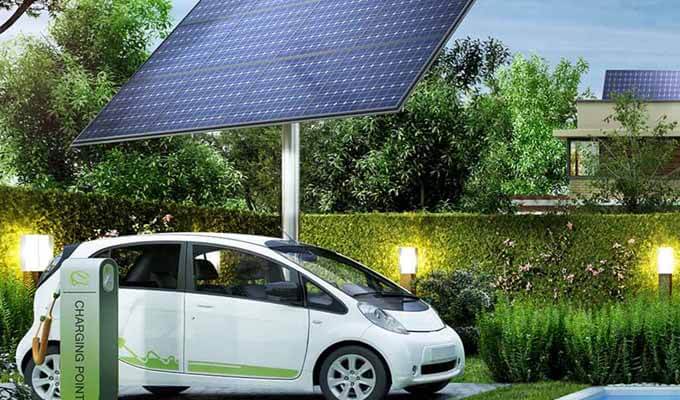Remember the EV1 – GMs experimental foray into electric vehicles? Although the EV1 was a failure in terms of mass market sales, it captured the imagination of both car and environmental enthusiasts. Tesla’s leadership has proven that EVs can indeed be a marketable product. Now, virtually every automaker has a selection of practical EVs and longer-range hybrids.
I’m still a big fan of high performance gas engines; it amazes me that power outputs have tripled since the early 70s, while fuel economy has improved and engine longevity is in the 200k mile range. I’m also a big fan of plug-in hybrids that permit family long trips without detailed planning for a charging pit stop. Nevertheless, except for certain niche applications (high performance, long range and car nuts) the die is cast and the gas engine is passé. Virtually all automakers are planning manufacturing facilities to transition to a mostly EV/hybrid fleet in 10-20 years.
Ironically, at the same time customer preferences are transitioning towards EVs, customers are also buying more SUVs and crossovers — which generally have worse gas mileage than sedans (I like the fact that you can haul around a 60 cell solar panel in an SUV). In early 2018 Ford announced that they would no longer manufacture sedans, with the exception of the Mustang. Recently, GM announced similar plans to effectively abandon the sedan market and focus on SUVs crossovers and trucks.
With favorable government policies in almost every country, inexpensive solar and wind electricity, and the need to reduce worldwide carbon emissions, the shift wards EVs is inexorable. Please listen up to this week’s Energy Show for more about the reasons our grandchildren will all ride in EVs, and will probably never change the oil or a spark plug.

